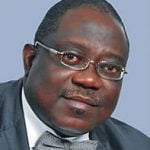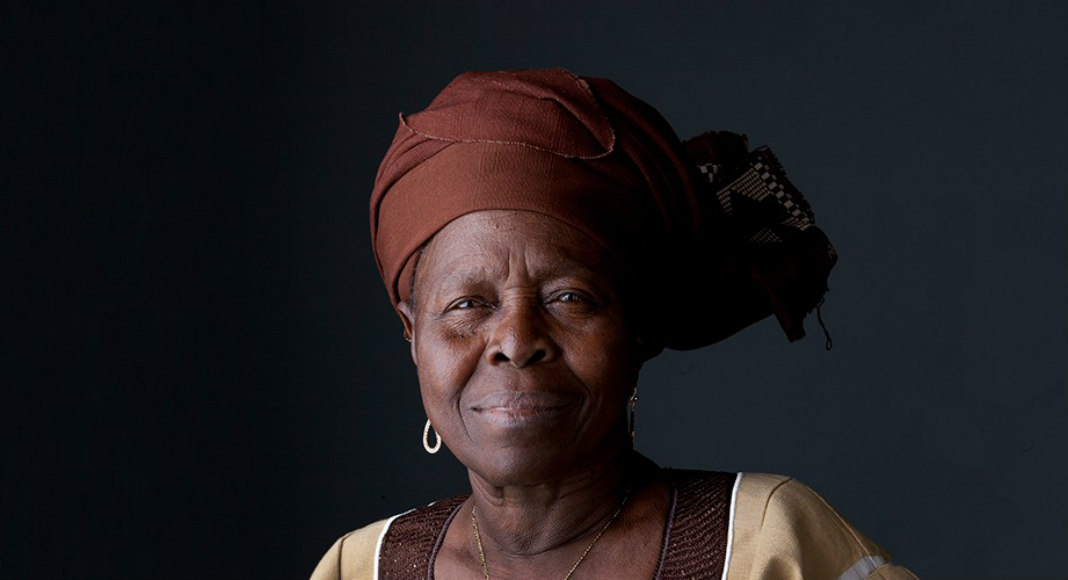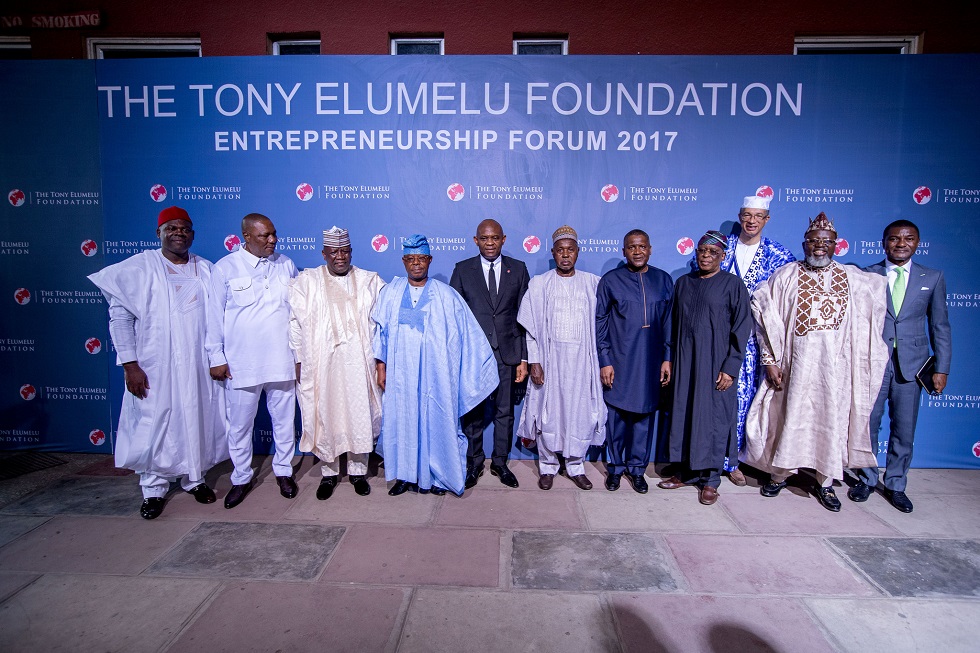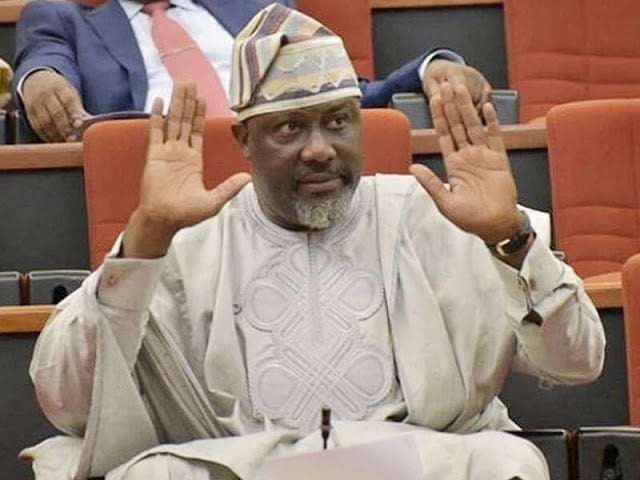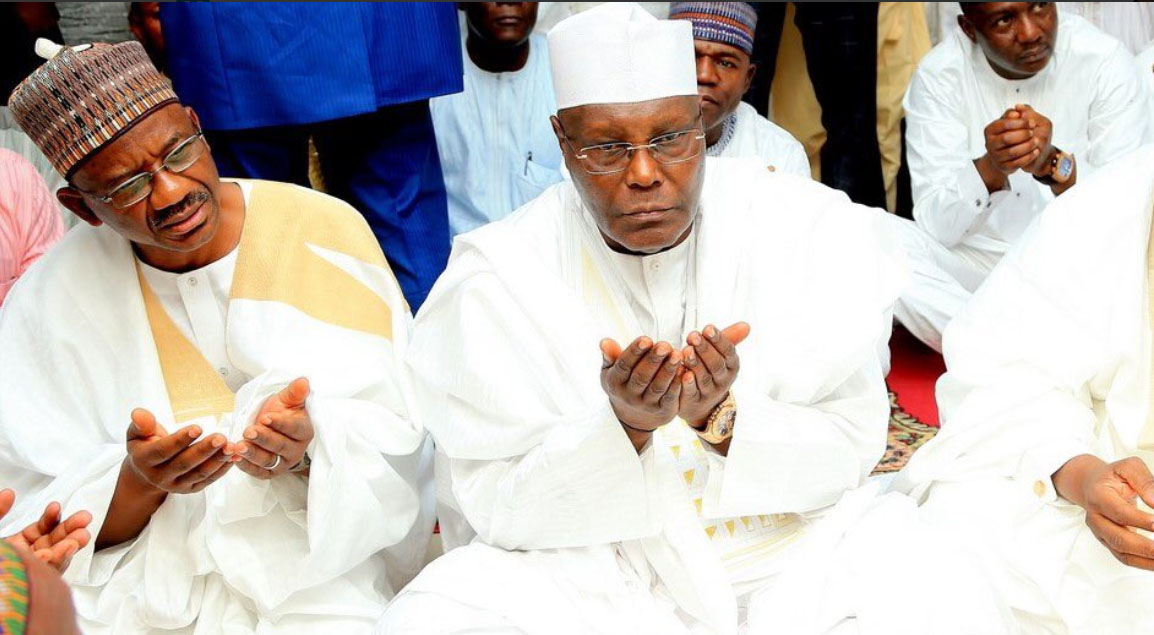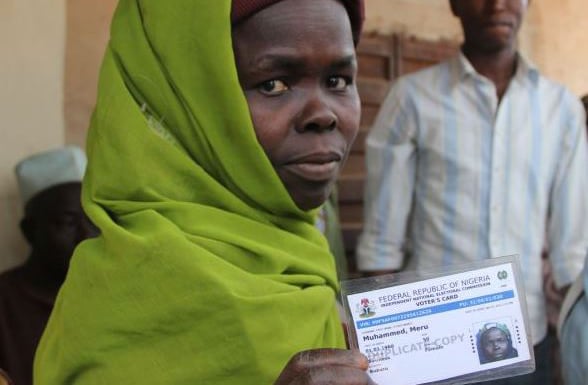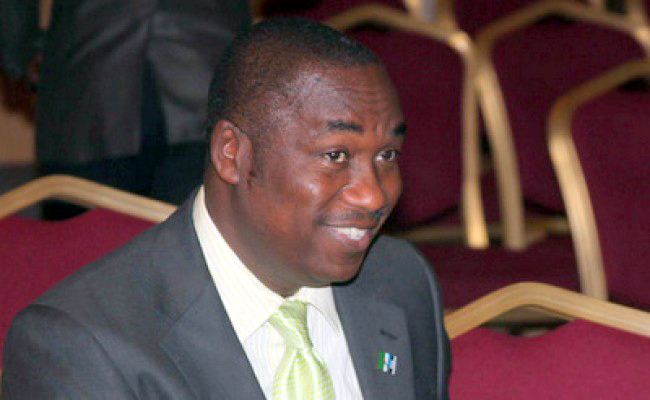The African philosophy community was shaken most recently when the death was announced of a foremost philosopher, and indeed a titan in the African community of reflection. I am talking of no other person than the late Professor Sophie Bosede Oluwole, the first Nigerian female doctorate degree holder in Philosophy. Among the Yoruba, the death of an elder is not lamented. Rather, it calls for celebration of a life well-lived.
A mortal exit at 83 is not a sad event. And this is even more so because the late Professor Oluwole lived a life worthy of philosophy and the spirit of constant and lifelong inquiry, especially into Africa’s, and Nigeria’s, future after the long colonial past that derailed everything the continent could have ever hoped to be. Professor Oluwole, fondly referred to as Mama or Mamalawo (the Mother of Secrets—a term derived from Babalawo, the father of secrets), got her first degree from the University of Lagos where she studied History, Geography and Philosophy. She eventually got her doctorate in Philosophy from the University of Ibadan, and under the intellectual tutelage of my esteemed teacher, late Professor Peter Bodunrin, who was a globally renowned Nigerian philosopher whose interlocution of the emergence of the African philosophical discourse constitutes one of the firm foundations upon which the discipline rests. And a foundation which the late Mama set her mind to undermining.
Saying Mama later opted for Philosophy at the doctoral level gives a wrong impression. It is as if she had not taken over the disciplinary imperatives of History and Geography. This is far from the truth, because her later agitations on behalf of African philosophy reveals a lot of geographic and historical imperatives that suggests that the late Oluwole only veered towards Philosophy to reach deep down to the fundamental issues which Geography and History gestured at the onset of the postcolonial period in Africa. At the time she was studying for her first degree, the study of History and Geography were just grappling with the albatross of colonial pedagogy that misrepresented everything African. For instance, even though Geography was a cartographic exercise of mapping the world, in lines, shapes, dots and colors, so as to facilitate an understanding of places and spaces, it played a real role in the dismembering of the African continent. And History, before the intellectual awakening of the postcolonial African historians and especially the Ibadan School of History, was defined by the acts and deeds of the colonizers. The philosophy curriculum which the late Sophie Oluwole was fed was essentially a colonial one whose fundamental basis denied philosophical reflection to Africans. It is therefore sound to say that when Mama chose philosophy, she made a decision to pitch her tent where the intellectual and ideological battle for the postcolonial soul ofAfrica was the fiercest. And she is about the only woman philosopher in this fight.
The colonialists denied the very humanity of Africans. Take the French assimilationist policy as a good example. The objective of the policy was to transform Africans into humans who are more cultured and civilized. The implication of this is that everything which the Africans could call their cultural and developmental heritage was either arbitrarily consigned to the rubbish heap or was brazenly stolen. Africa was regarded as the “dark continent” peopled by monstrous animals, diseases, calamities and death. We can therefore not talk of culture, religion or development; only savagery and barbarism from which Africans needed to be saved and delivered. Thus, from the missionaries to the colonial administrators, the colonial agenda needed to undermine the humanity of the Africans in order to raise them to the height of humanity. And philosophy plays a significant role in this process. This is because if humanity is defined by reason, then only humans can reflect. And if Africans are less than human, then we cannot logically say that Africans can reflect. This is the very reason why the discipline of philosophy began in most places in Africa, and especially in Nigeria—at the then University of Ibadan, University of Ife and the University of Lagos—with the question of whether or not there is something called “African philosophy.” We now immediately get a grasp of the context within which the late Mama had her first degree and then got her doctorate.
Advertisement
Professor Sophie Oluwole’s intervention in the African philosophical discourse is a radically recuperative one at a most fundamental level. It can be located at the intersection of culture, development and language. These fundamental tripods are deployed to a two-fold objective of first combating the Western philosophical arrogance about Africa and her philosophical heritage; and second, redeeming the African continent from the scourges of colonialism in a way that will engender development and progress. Mama Oluwole lived a life of a fiery antagonism to Western philosophy. And her brand of recuperative strategy goes beyond just exhibiting African beliefs for the Europeans to see and applaud. On the contrary, Mama Oluwole took the fight to the very doorstep of the antagonists. Take the belief in witchcraft as a good example. Witchcraft is an issue which, for the Europeans, served as the very exemplification of Africa’s backwardness. This is the issue that Sophie Oluwole tackled head on in her first book, Witchcraft, Reincarnation and the Godhead (1992). For her, witchcraft and other religious beliefs raise the issue of the difference between metaphysical and empirical justification. It is certain that witchcraft cannot ever be justified at the scientific level, but does science settle everything about life and beliefs? Is it possible that the phenomenon of witchcraft itself operates at a different mystical level of operation that demands that we look for its justification elsewhere outside of science?
However, this type of argument is not radical enough. Mama’s overall philosophical strategy is to undermine the entire Western intellectual culture and its false universalism, and then to demonstrate the existence of alternative and even formidable intellectual cultures which may have predated the West. The Western intellectual culture is founded on the assumption that there is only one reality whose essence and circumference can only be grasped by scientific analysis and the tools of logic. In Philosophy and Oral Tradition (1997), Sophie Oluwole urges us to return to Africa’s oral tradition as the source of excavating an authentic foundation of Africa’s intellectual culture which the West has tried so hard to undermine and destroy. One argument that underlies the relevance of Africa’s oral tradition is that the traditional and cultural practices of the past must have been guided by some form of logic and rational principles which not only predate the Western scientific canon, but which cannot also be subsumed totally under it. In Socrates and Orunmila (2014),Oluwole critically unpacks the philosophical legacies of Socrates, who defines the Western philosophical tradition, and Orunmila who represents the African philosophical corpus. Mama leaves us to make our decision between the binary opposition which, for her, lies within Western philosophy, and the “binary complementarity” which Orunmila preaches. The philosophy of complementarity is most viable philosophy for pursuing the brotherhood of mankind. Binary opposition could only divide humanity.
The concern with oral literature and Africa’s oral tradition leads us to the second strand of Professor Oluwole’s agenda for recuperating Africa’s sense of itself and of its progress. And this is the argument that Africa can only commence her march to development and progress if it reconnects intellectually back to its cultural base. One good way to do this, Oluwole argues, is through mapping and exploring the advantages of indigenous knowledge and languages over the foreign languages of colonial domination. And she draws a link between the two: “Africa is the only continent that uses foreign language as a medium of expression in institutions of learning despite the reports of many studies confirming the fact that mother tongue is the best medium of instruction that facilitates better understanding of knowledge.”We can indeed begin to unravel the development impasse in Nigeria, for instance, by tackling the language issue, and especially the paradox of a curriculum which makes the English language compulsory but not the indigenous languages. In Mama’s philosophy, the idea of national development goes beyond cosmetic policy design to more fundamental issues that reach into philosophical reflections about how we see ourselves as a people, and the relationship we have to our indigenous heritage of local knowledge and practices. However, if indigenous languages do not form a significant part of our curricula, then how far do we expect our development effort to go? And this is even more so when most African states are sold on the superiority of Western development paradigms and models, rather than looking inward for development solutions.
Advertisement
The late Professor Sophie Oluwole was a troublemaker, like the rest of the women we have celebrated their legacies in Nigeria. However, her own brand of agitation was carried out at the fundamental level of discourse that speaks to the way we see and understand reality, and how such a reality has the capacity to determine the way we think about our beings as humans, how we deploy what we know to achieving national development, and finally how we define our own place in the world where ideologies battle for supremacy. Mamalawo has left this terrestrial plane. It is possible she is now looking down at us, and wondering whether we will heed her warnings and take cognizance of her arguments to move Africa and Nigeria forward.
Prof. Olaopa is the executive vice-chairman, Ibadan School of Government &Public Policy Ibadan
[email protected], [email protected]
Advertisement
Views expressed by contributors are strictly personal and not of TheCable.
